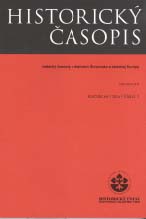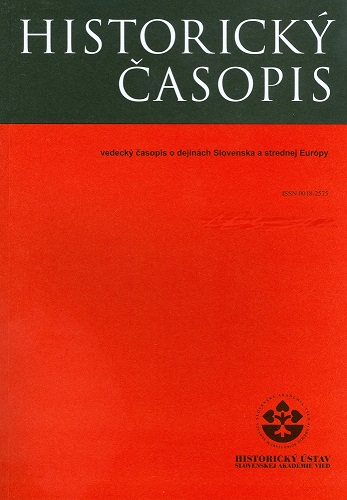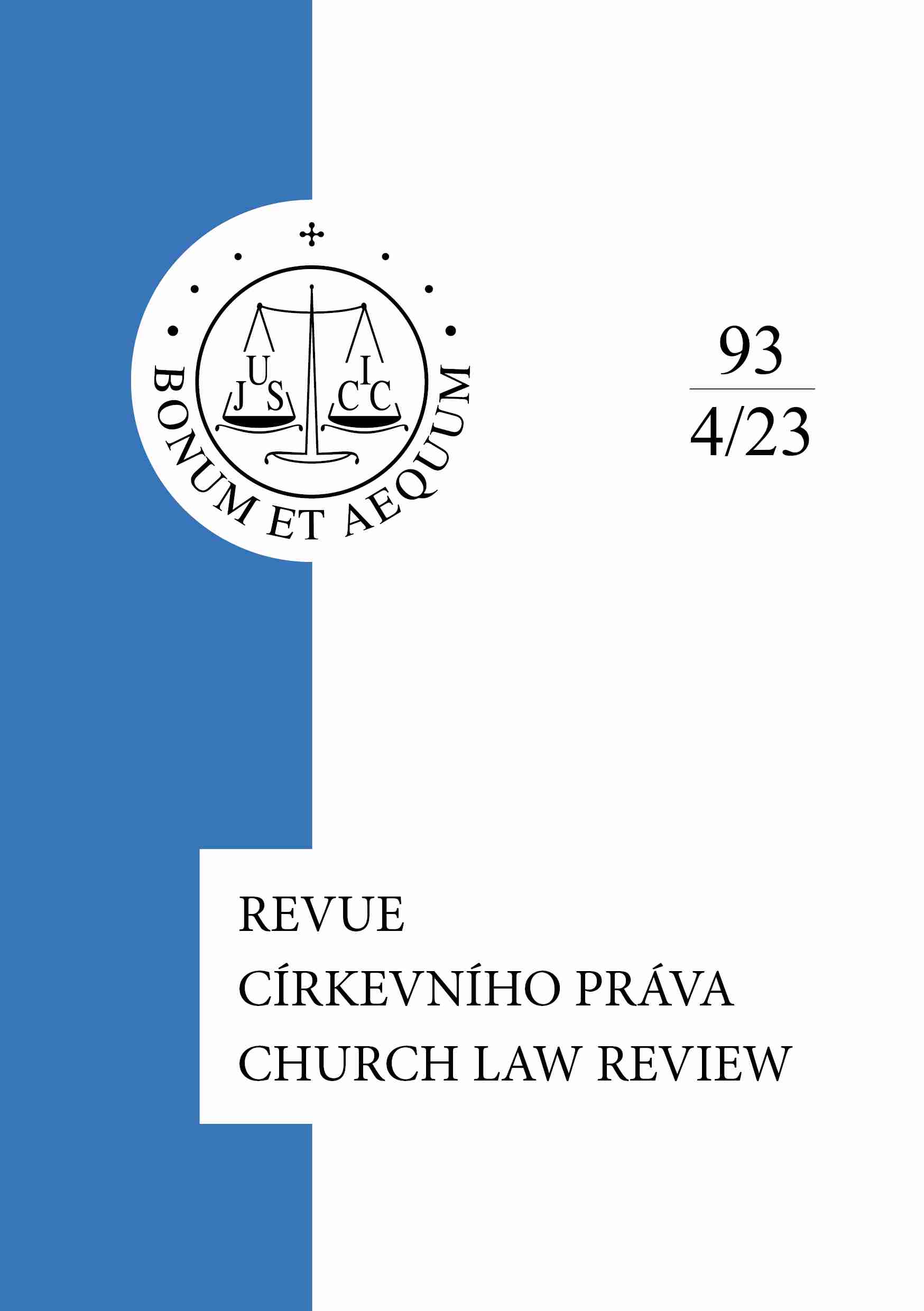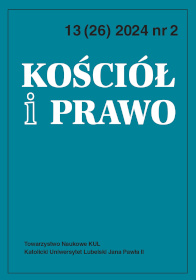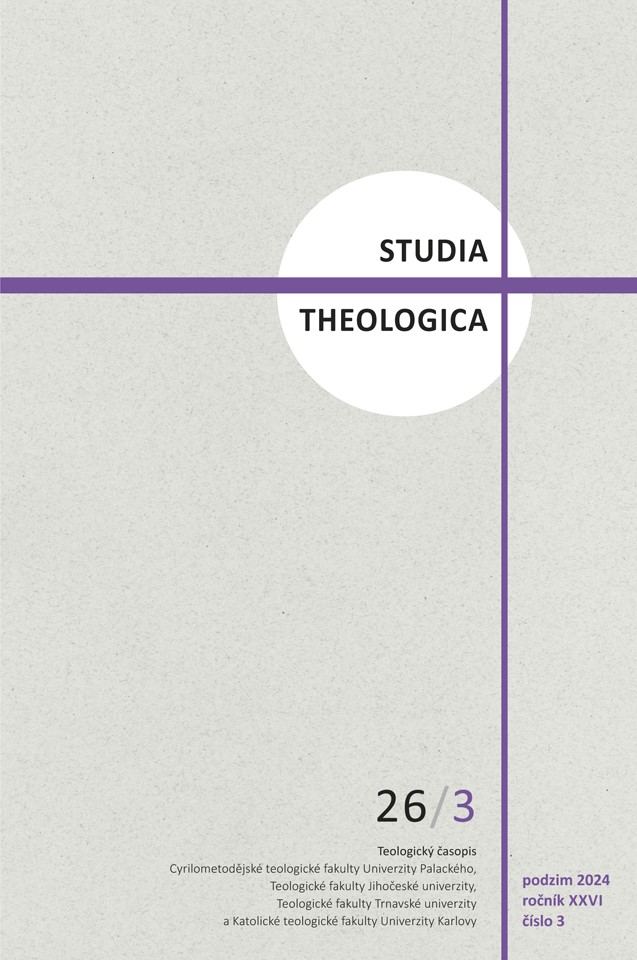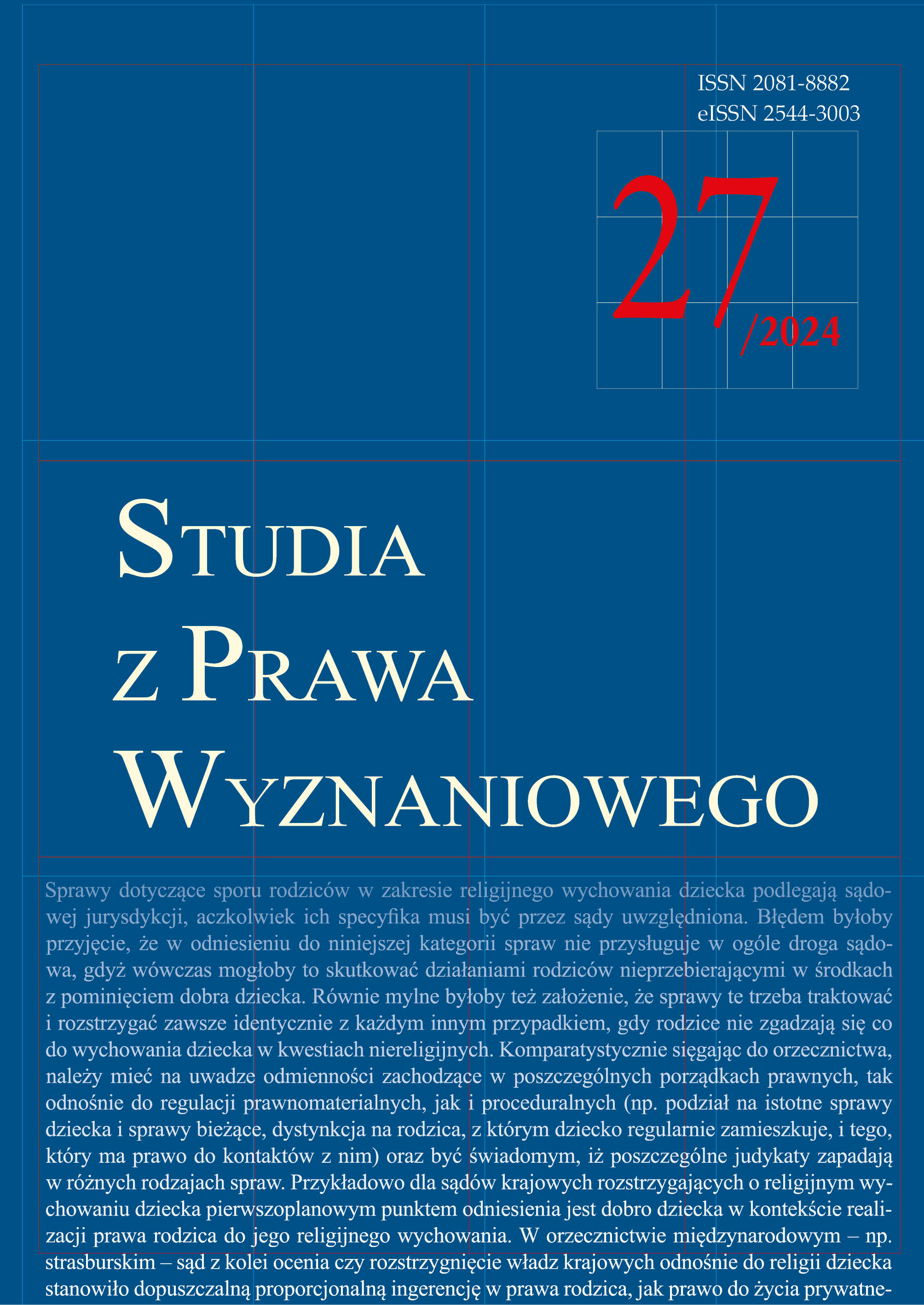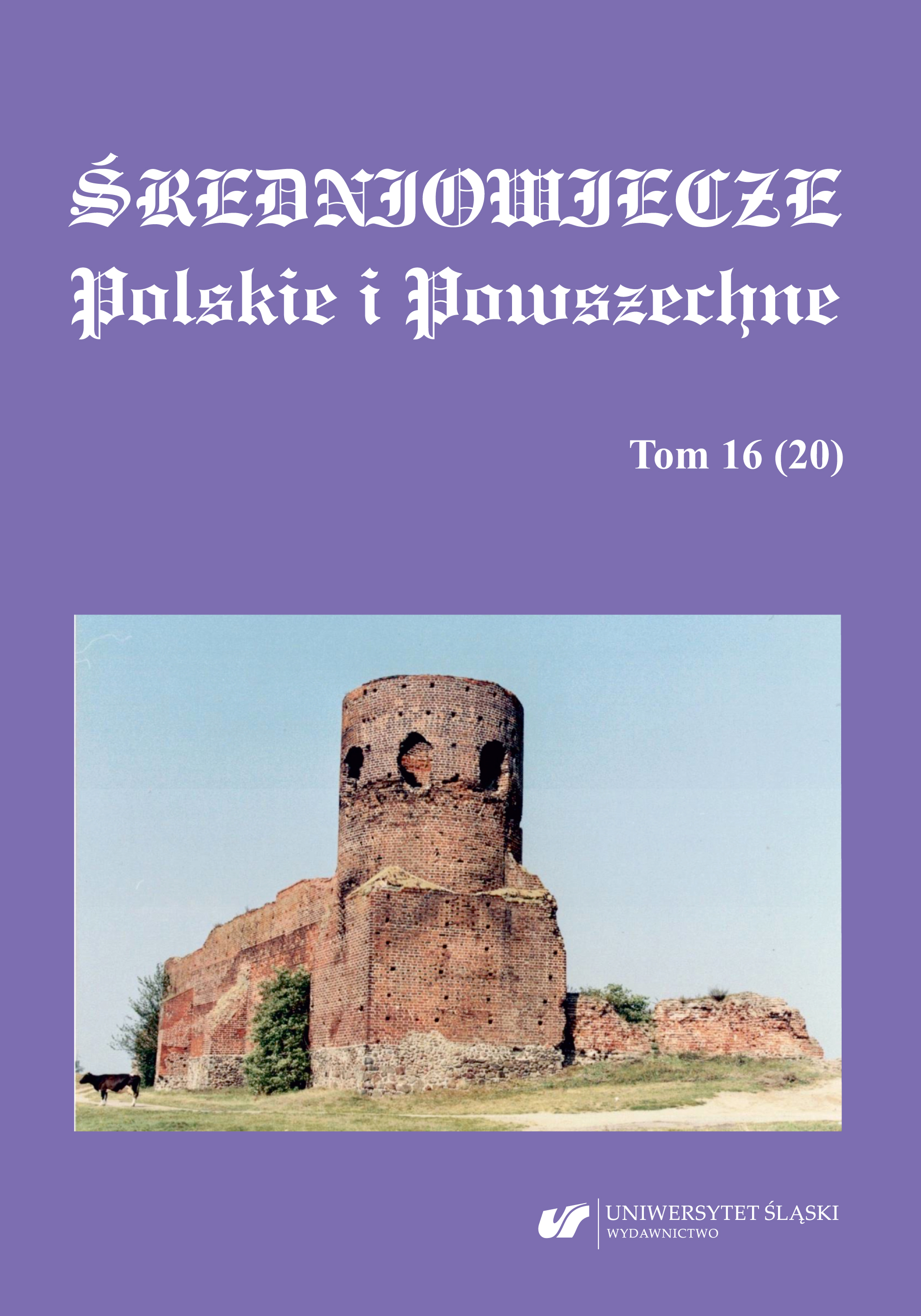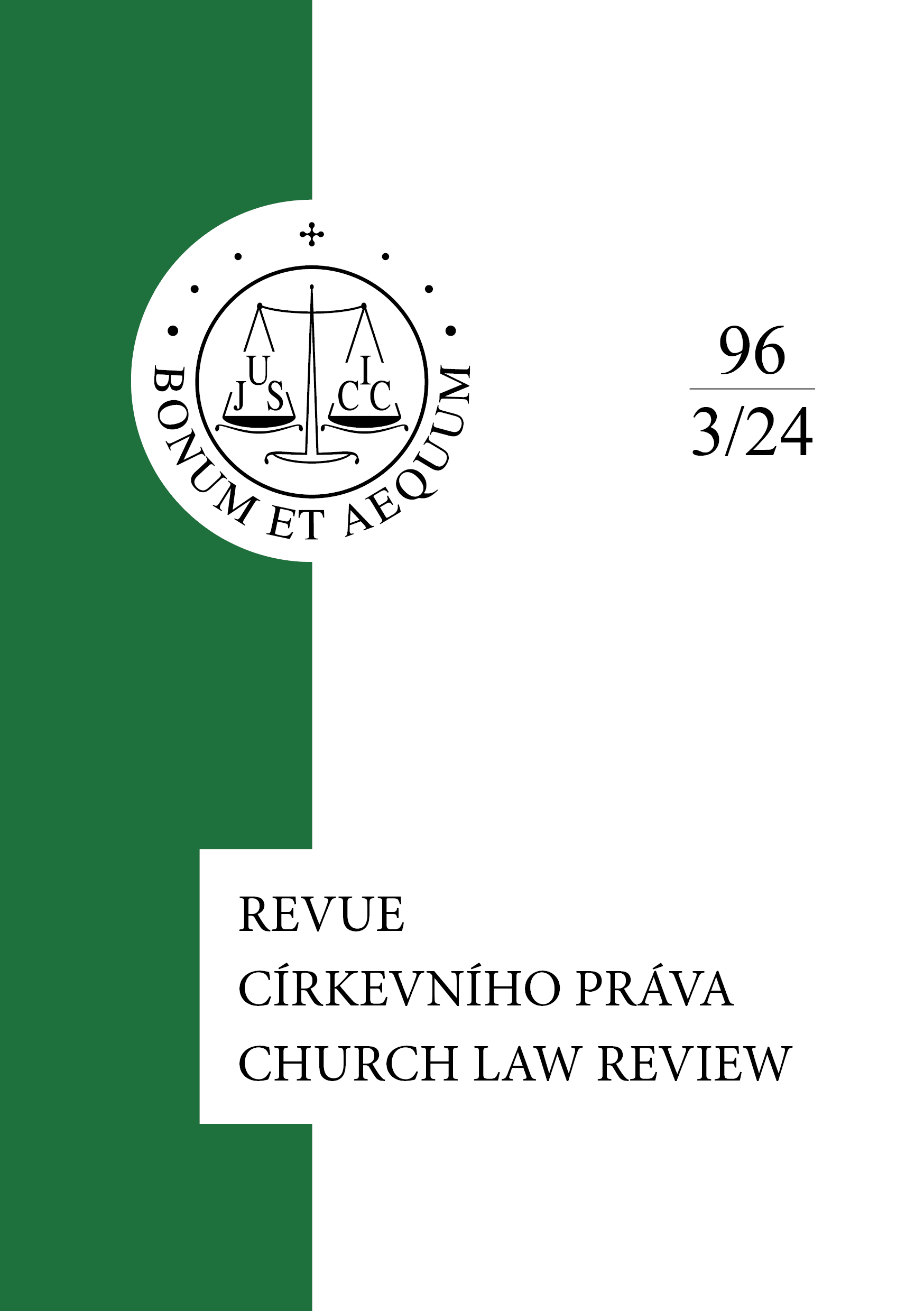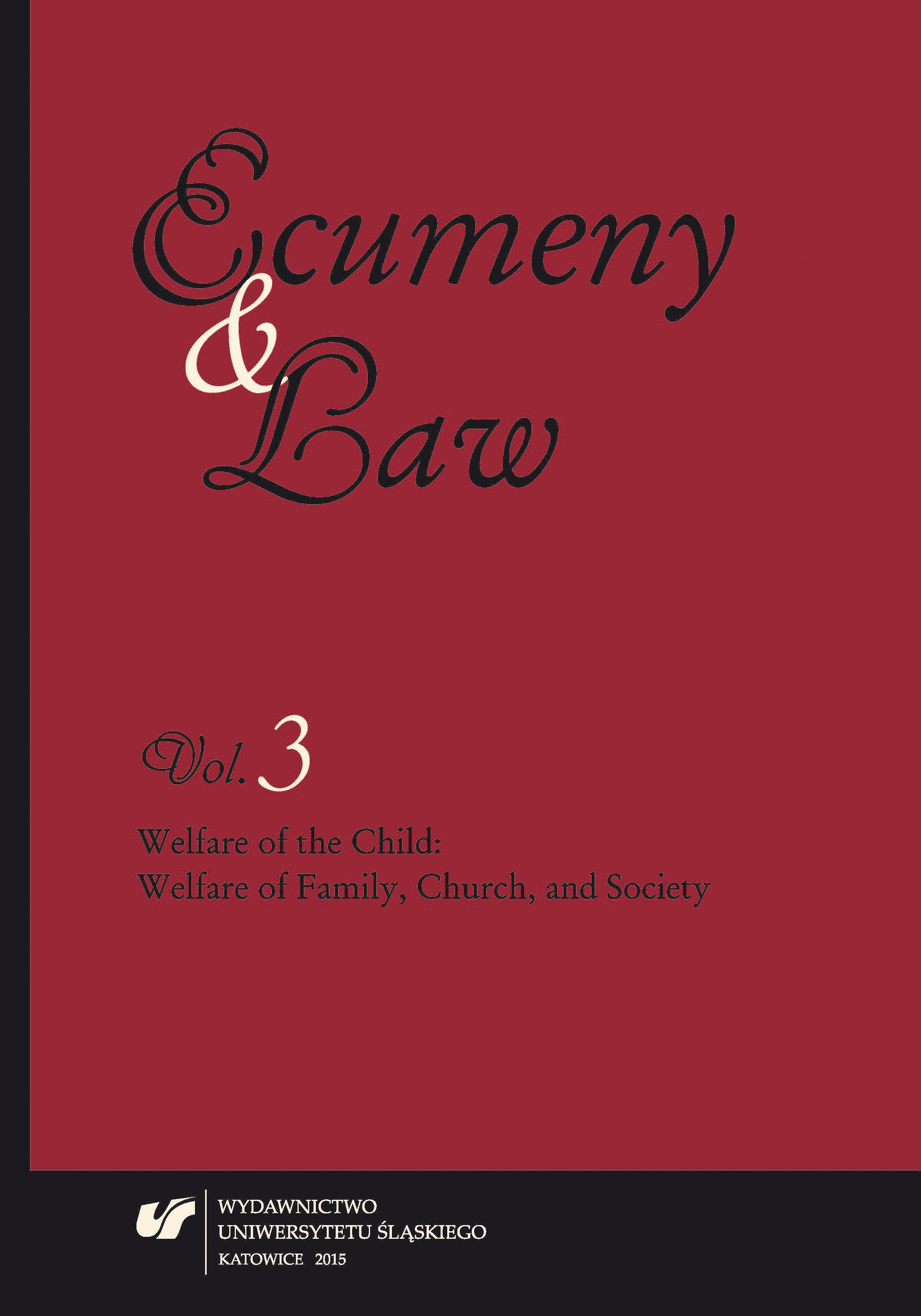
Religious Education of Children in Families of Different Confessions
The family is the first and most important educational environment. It also concerns religious education. Parents are the first teachers of faith and they are responsible for their children’s religious education. In inter-religious families the job is even harder as the child is brought up at the meeting of two confessions which differ from each other. In such a family, the child is introduced into the Church community, taught the first prayer, starts the first conversations about religion, reads the Holy Scripture, and what is most important — he or she adopts a positive attitude to the faith in God. Inter-religious families live in the spirit of ecumenism — they celebrate holidays in concord with Catholic and Lutheran traditions, attend both Churches, teach their children respect, love and tolerance for people of other religions. All these values help to educate the child to become a good man and a good Christian.
More...

